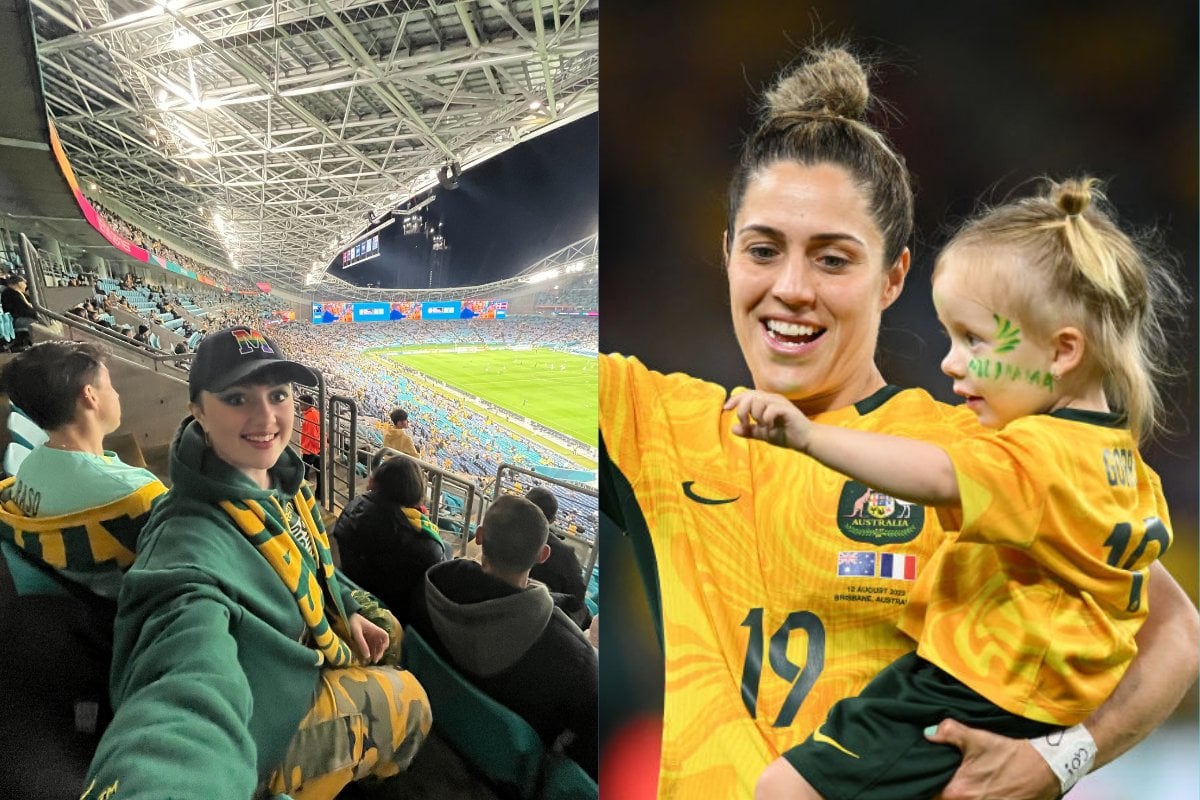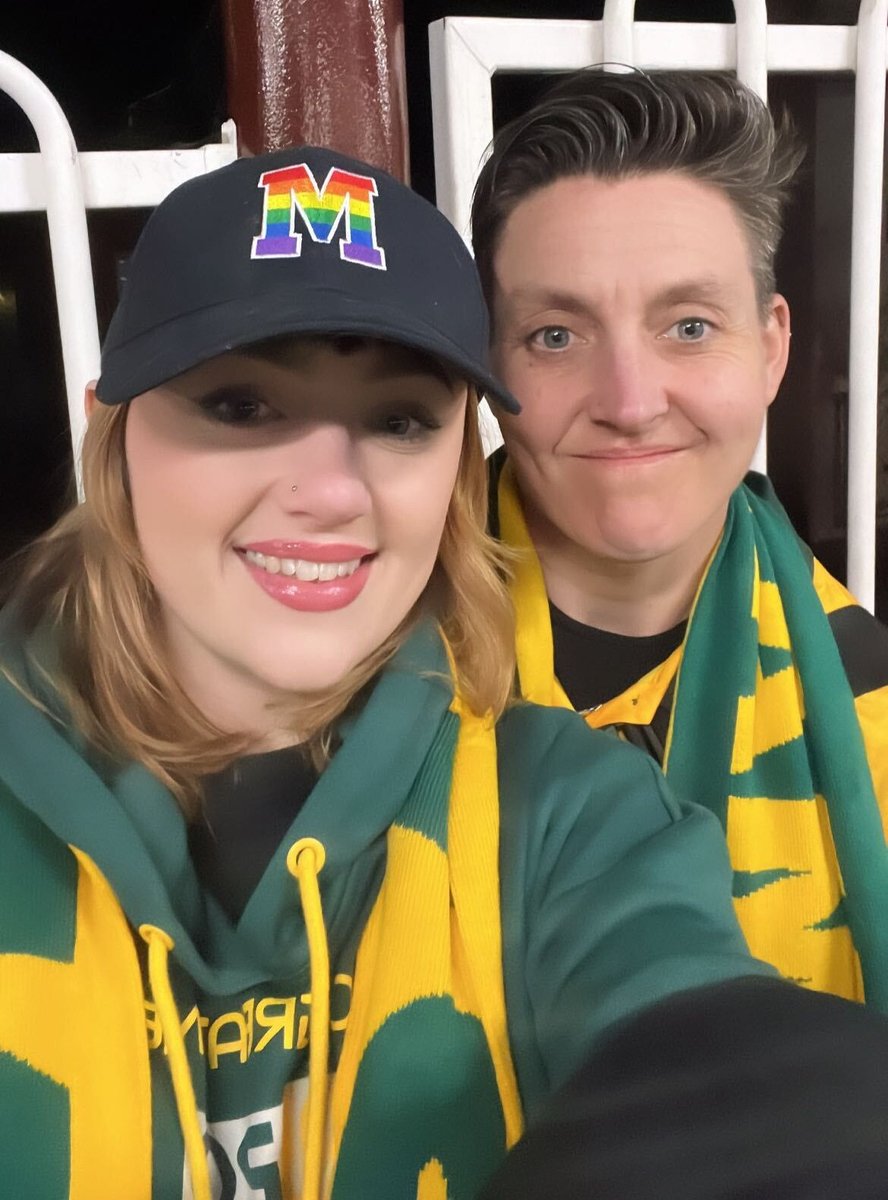
To catch up on all things Matildas and the 2023 Women's World Cup, check out our hub page here.
Like many of you, I spent all weekend inhaling Matildas content.
Not just the game itself (although it left me on cloud nine), but the articles, the social posts, the debates in the comment sections… you name it, I’ve eaten it up.
When we won the quarter-final on Saturday, the first thing I wanted to do was jump into a hug with my partner, and message my friends and family to celebrate.
Quickly after, I wanted to go online and see the players do the same because I know how important their families are to them. I’ve seen it in everything they do: their docuseries, their social posts, and their interviews.
So, I’m not ashamed to admit that it completely knocked me off my chair when I discovered many people felt the opposite. All I could see were comments from people who wanted the evening to only focus on the players' sporting achievements.
While you're here, watch the story behind the Matildas mural on the iconic Bondi Beach Sea Wall. Post continues after video.
Here’s why I disagree.
People just want a way to connect.
Not everyone is a football fanatic. Some people just want to connect and enjoy this history-making moment with the rest of Australia — but in a way that feels authentic to them.


Top Comments